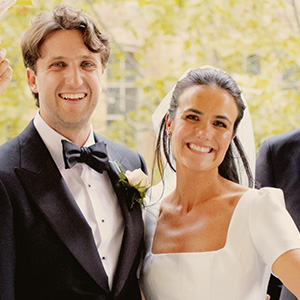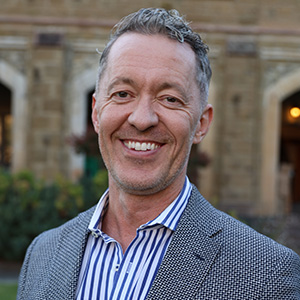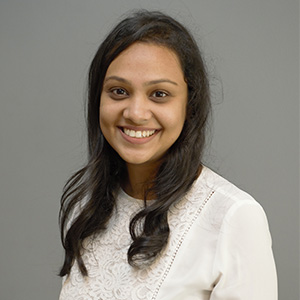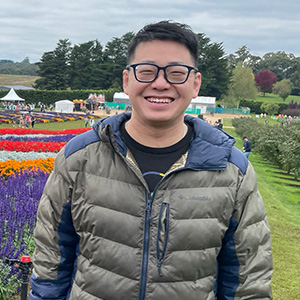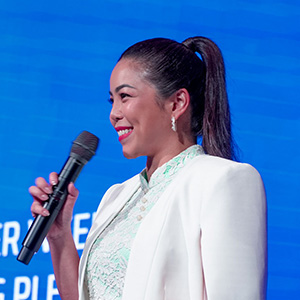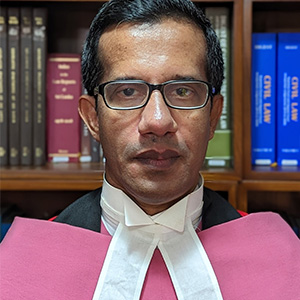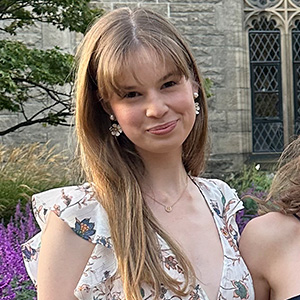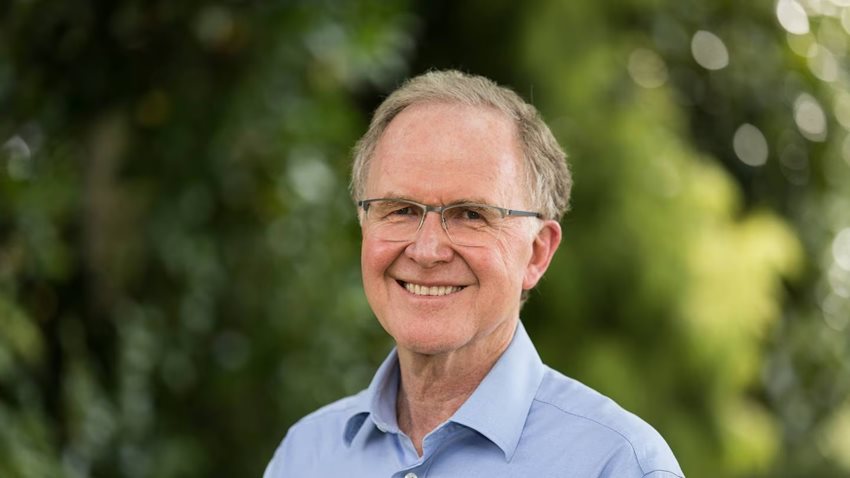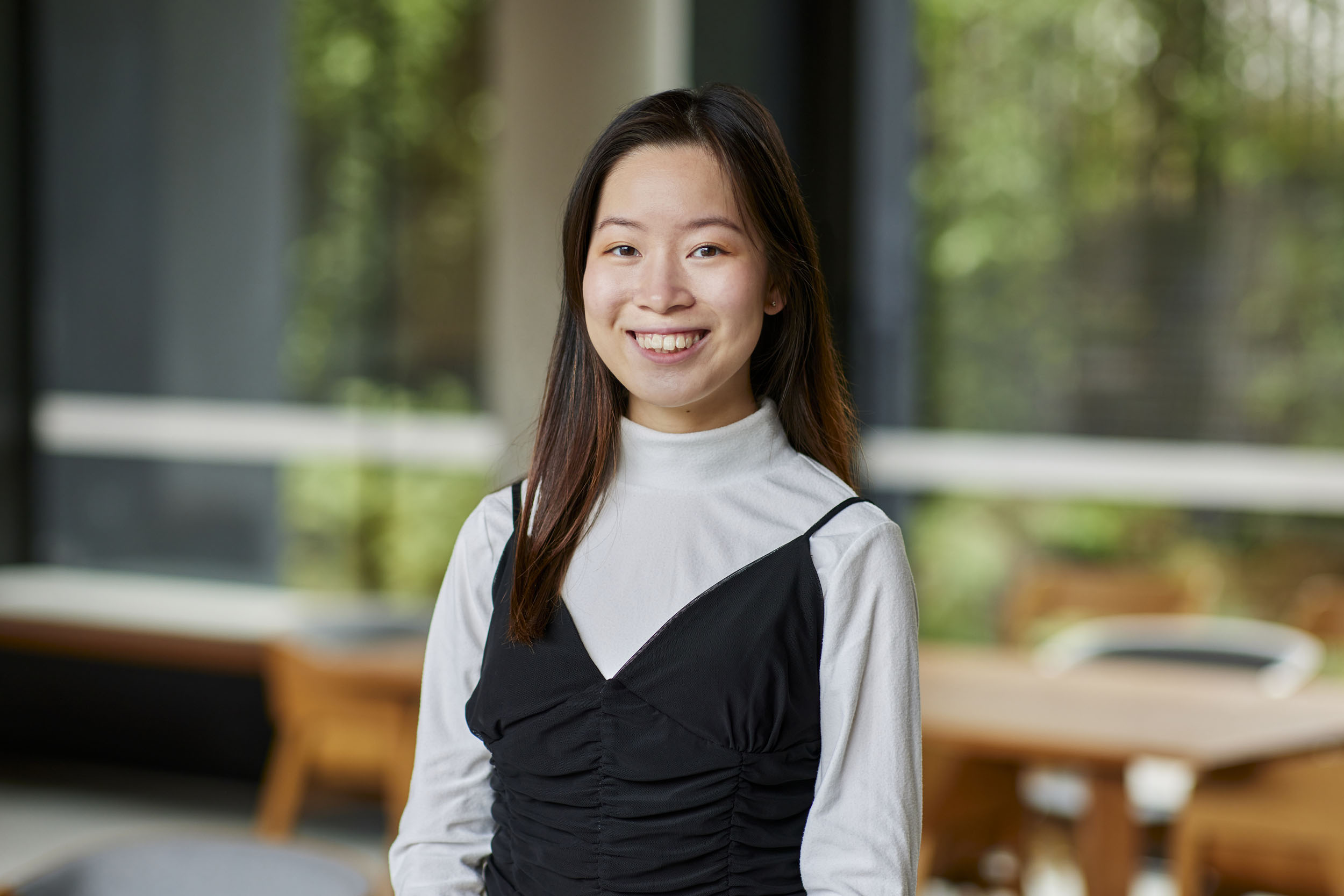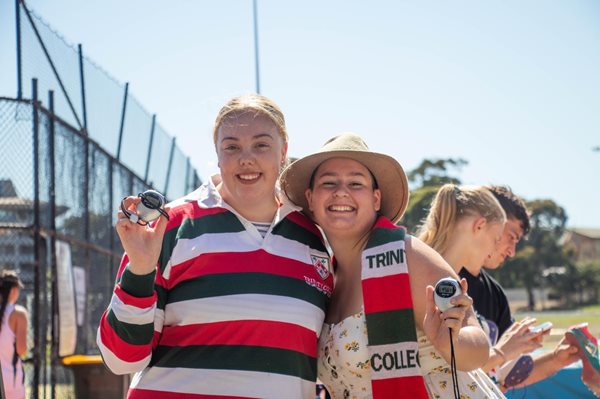When Dr Amy Nisselle (TC 1991) returned to Trinity in May as a Career Connect presenter, she loved revisiting her past. The rain might have been falling, but the combination of dusk, the ‘fancy new’ Gateway Building’s shining lights and the comforts of the familiar oak tree and the old building created a beautiful, symbolic picture of Trinity’s past and future.
‘I really loved the pomp and circumstance, the history,’ she recalls. ‘Gowning up for dinner. Sitting in the Dining Hall at the big long tables. My dad [Paul Nisselle (TC 1963)] went to Trinity and I like the sense of tradition, that I was sitting in the same hall.’
It’s not only Dr Nisselle’s Trinity history that makes her the perfect adviser and mentor in this space: her own amazing career story illustrates how future possibilities can open up, no matter how unlikely they might seem.
She’s currently Specialist Project Officer with the Australian Genomics Health Alliance at the Murdoch Children’s Research Institute, and a specialist in a multidisciplinary niche that unites genetics, education and multimedia. But that wasn’t the plan. She had come to the University of Melbourne, following in the footsteps of her mum and dad – a physiotherapist and doctor. respectively – fired up for a future in forensic science. But she left lost and uncertain.
‘I got to 21 and was doing my Honours year in the biochem department and hated it,’ she confessed. ‘I thought, “I’ve only ever wanted to be a scientist and here I am, finally in the lab, playing around with test tubes, doing research and … I’m not very good at it. I need to interact with people!”’ she laughs.
‘My entire life was planned around being in the lab and being really fulfilled by that. I thought, “What on earth am I going to do if I don’t do this?” When I talk to students now, that’s the kind of message I try to get across: if you have your heart set on something and it works out … great, bingo! But not everyone has a vocation when they leave high school or uni, and that’s also OK.’
How could she be a scientist but not a
bench scientist? She found clues on a five-year working holiday in the UK, with a job combining medical education and IT project management. ‘When I came back to Oz I saw an ad for a project manager with a genetics degree and I thought, “Wow, how unusual is that? I have that!” So, I got into the world of medical research here at the Murdoch. I’ve worked all over the world and the Murdoch is absolutely my favourite workplace.’
Her first project was medical research into genetic screening. But it was the extraordinary International Congress of Genetics in Melbourne in 2003, celebrating the 50th anniversary of the discovery of the structure of DNA, that was the game changer. Awestruck and inspired, surrounded by Nobel prize-winners, she saw a presentation by a US specialist in genetics education and cutting-edge multimedia and she found her PhD subject and passion. Her pursuit of further insight resulted in an internship at the ABC TV’s flagship science program
Catalyst. That experience, plus her PhD topic, then resulted in an internship at New York’s DNA Learning Centre, which in turn lead to a five-year ‘dream job’, working with the cream of the world’s scientists and science communicators
.
‘When I realised I could be a science communicator and could switch other people on to science … that was great! I didn’t have to personally save the planet through bench science but I could show other people that there are all these different ways to do it. You can still end up doing really rewarding things, but it just might not be what, or how, you thought.’
Dr Nisselle’s current project is in the field of genomics, as part of a large program funded by the National Health and Medical Research Council investigating how to incorporate the latest genomic technologies into routine healthcare, now that testing is accessible and affordable. Hundreds of researchers across Australia are working together to look at how genomic medicine would work: how to handle big data, privacy, insurance, legal issues and economic implications. Dr Nisselle’s research focuses on how to educate and train everyone from doctors to pharmacists, nurses to nutritionists, to deliver genomic medicine. She leads a team of researchers and students, drawing together the threads of her own education, training, experience and passion, as well as her talent for telling complex science stories simply.
‘To date, a lot of research that’s been done has been like putting all your money into an F11 fighter plane; so you’ve spent billions of dollars and you’ve only got a dozen or so people who can fly this thing,’ she explains. ‘Now we need Qantas. We need to flip it on its head; we need tens of thousands of people who can do it, efficiently and economically.’
She’s more than happy, too, to share her personal career story in schools, especially with girls and young women, as women are still disappointingly under-represented in science, especially at the highest levels. She fears many women in science fall victim to ‘imposter syndrome’ – doubting their value – which, combined with the juggle of raising children while working (she has a five-year-old son), can limit careers.
Dr Nisselle volunteers with the impressive Sisters In Science program, visiting schools to inspire teenage girls to consider science careers. ‘All I do is give my spiel: follow your heart!’ she enthuses. ‘If you’re not sure what to be when you grow up, do stuff you like in the interim and don’t discount the fact that your job may not exist yet.
‘The world is changing so fast that if you don’t know what you want to do, that’s fine. Twenty years from now, there’ll be a completely different set of jobs anyway. Take bioinformatics – the qualification didn’t exist when I was at uni but now it’s one of the hottest, and well-paid, jobs in my field. You won’t have two or three different careers … they say you’ll have 17! I’m already on to my third or fourth, and I didn’t anticipate it happening that way.’
Stay in touch with other Trinitarians, wherever you are in the world, through the My Trinity Connect portal. It's a great way to keep up with friends, share memories, seek mentors and help forge valuable professional connections. Visit www.mytrinityconnect.com.au to sign up now!


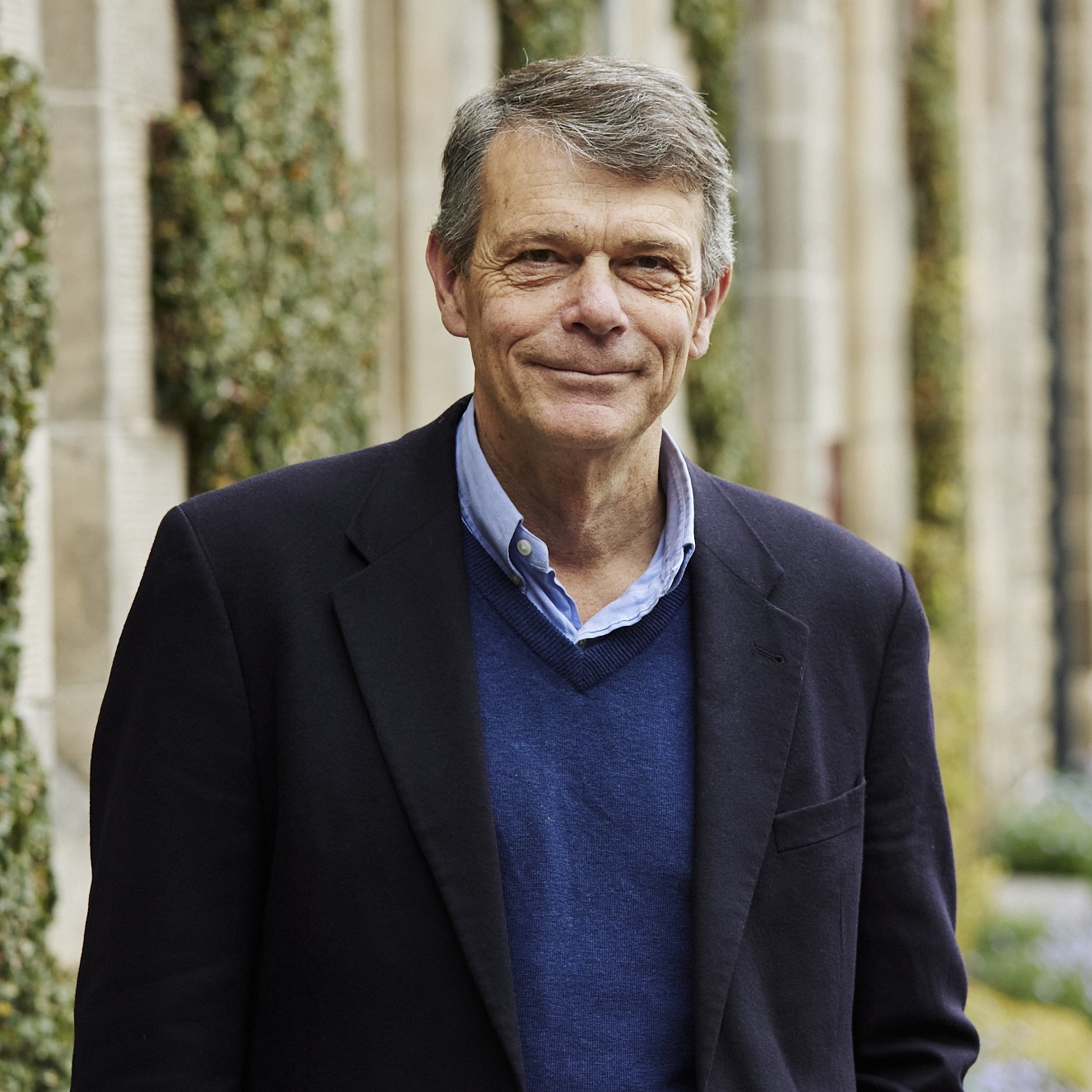
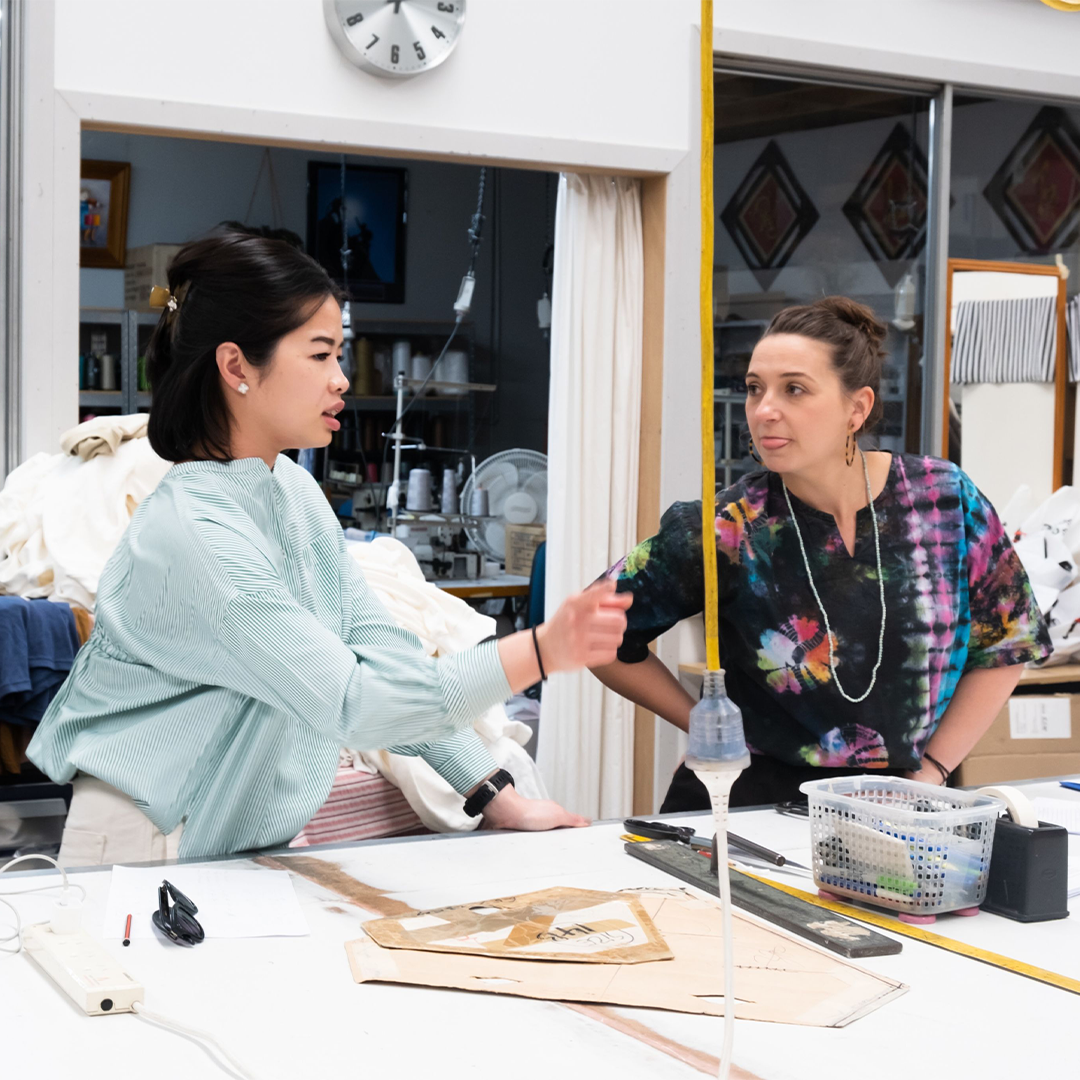





















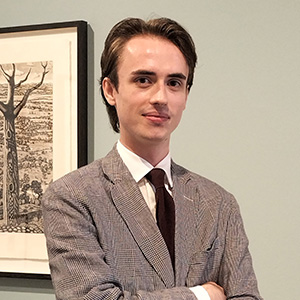

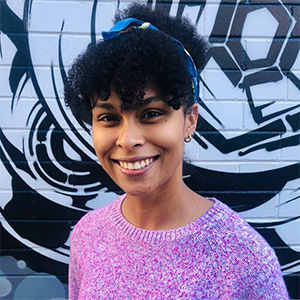

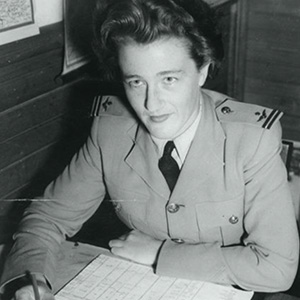
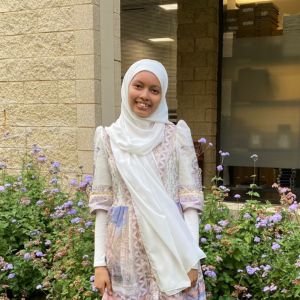
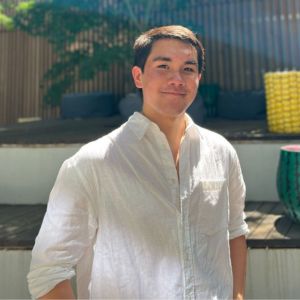
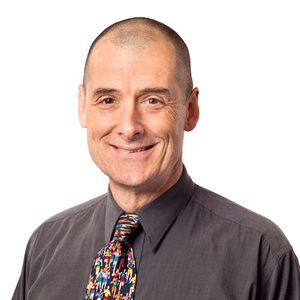
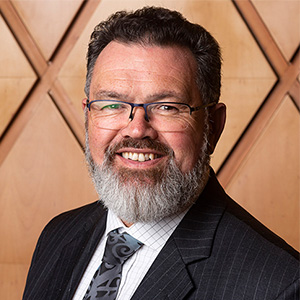
.jpg?width=300&height=300&ext=.jpg)
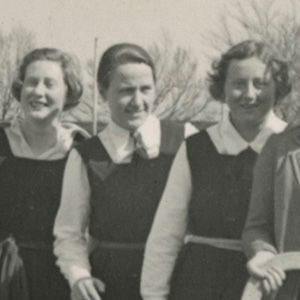
.jpg?width=300&height=300&ext=.jpg)
